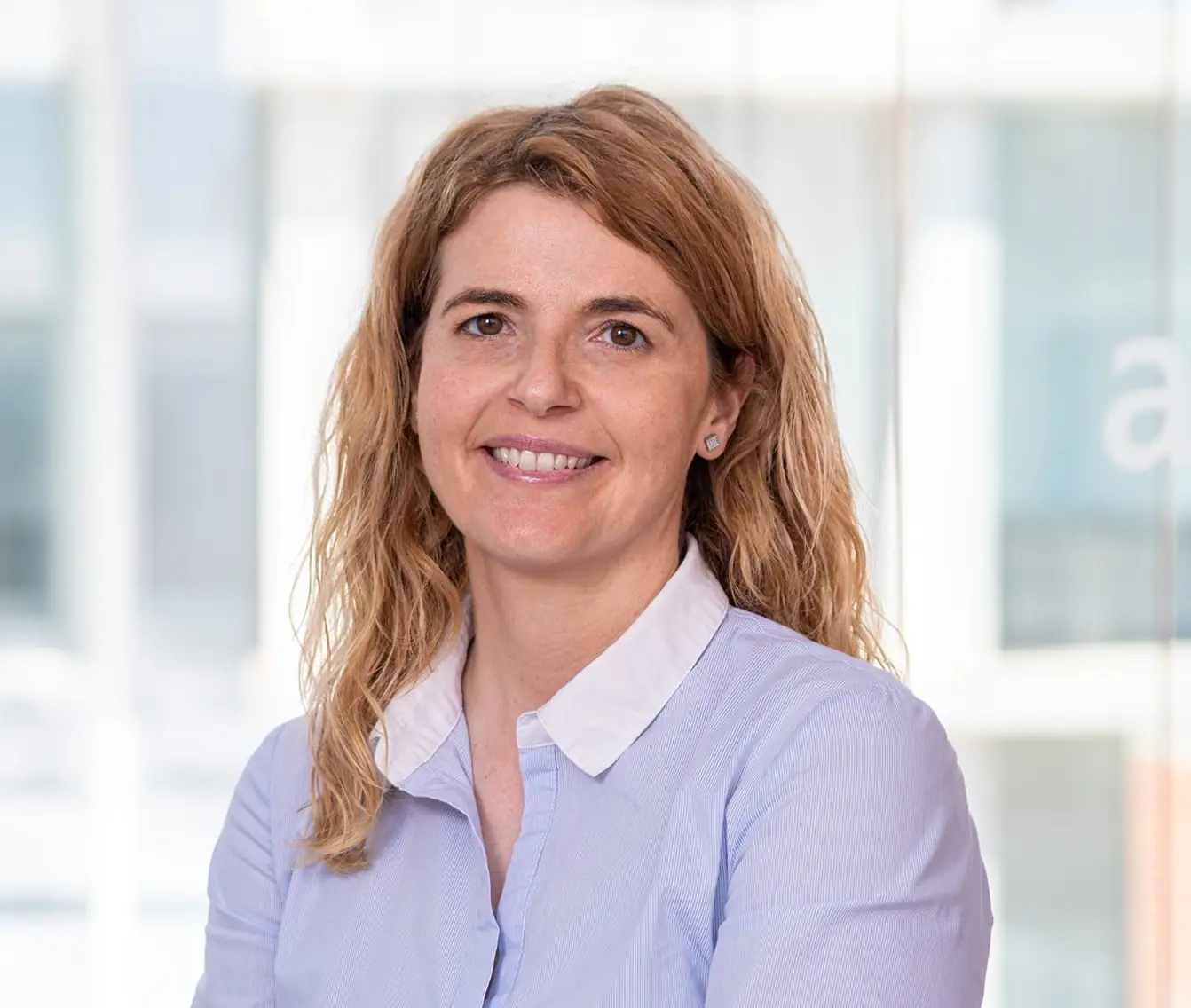Subscribe to our newsletter
- R&D&I Programmes
- Technological Services
- Consultancy Services
- Laboratory Services
- Training and Events
- Sectors


WHEYPACK is a circular project in which the cheese industry, that generates the whey surplus, becomes a beneficiary of the new PHB biodegradable packaging tailored to the needs of their products.The Project, led by AINIA, counts as partners with CENTRAL QUESERA MONTESINOS, AIMPLAS (Spain) and EMBALNOR (Portugal).
Valencia, October 4, 2016. A team of researchers has achieved the first bioplastic material made from whey derived of cheese making. Specifically, it is polyhydroxybutyrate (PHB), obtained by a fermentation bioprocess of whey, a by-product from the cheese industry.
The LIFE WHEYPACK European project aims to respond to one of the current concerns of the dairy industry: what to do with whey surplus derived from cheese making. Therefore, this circular economy Project promotes that the generator of the waste, the dairy industry, can make a profit by the production of the new PHB biodegradable packaging tailored to the needs of their products.
In addition, WHEYPACK will demonstrate environmental and socio-economic benefits of this biobased and biodegradable food packaging material with a lower environmental impact through the reduction of greenhouse gas (GHG) emissions in comparison with current petrol-based food packaging materials. The biodegradable food packaging material selected is Polyhydroxybutyrate (PHB) obtained from whey that comes from the cheese industries and produced using a process of microbial fermentation.
The PHB obtained from the whey surplus of Central Quesera Montesinos (Spain) could replace traditional plastics in the packaging of their own dairy products, consequently achieving the main objectives of WHEYPACK LIFE project: obtaining 100% biodegradable cheese packages, enabling a lower environmental impact, fulfilling the requirements of product protection and being economically viable too.
This European project, funded by the LIFE program, is coordinated by AINIA technology center. It is a cross border collaborative project (Spain and Portugal) and counts on the participation of the cheese making industry Central Quesera Montesinos (Spain), the technology center AIMPLAS (Spain) and the packaging company EMBALNOR (Portugal).
Polyhydroxybutyrate (PHB) is a completely biodegradable bioplastic obtained from fermentation by microorganisms. Most commercial plastics are synthetic polymers derived from petrochemicals, and are very difficult to biodegrade. In that sense, the use of bioplastics such as PHB, biodegradable and from renewable sources (bio-based), represents a significant step towards achieving more sustainable packaging.
First of all, to achieve this bioplastic there were identified and characterized the different types of whey coming from the production processes of the different varieties of cheeses of Central Quesera Montesinos. There were selected those which presented best aptitudes to carry out the fermentative bioprocess.
Moreover, through the application of bioproduction technologies, the research team of AINIA has been able to produce PHB (bioplastic material). The obtained PHB is being compounded and additivated in AIMPLAS to improve their properties to be used as food packaging material.
Currently, EMBALNOR is proceeding to design and develop the final package with this additivated bioplastic material. These PHB packages will have the same features of traditional petroleum-based plastic packages, but with a smaller carbon footprint.
The whey from the milk and cheese processing, is an abundant surplus for the European dairy industry. Only in Europe, it is estimated an annual production of 75 million tons of whey from cheese makers. Despite some of this product again returns to the food chain for manufacturing other dairy products, about 40% of whey is discarded and managed as waste in the food industries.
This large amount of whey surplus causes a problem for companies in the dairy sector. With this project, the dairy industry can make a profit from their own waste, by means of the obtaining of PHB packages designed to suit the needs of their products and being economically profitable too.
Life project – LIFE13 ENV/ES/000608

Inma Gonzalvo
Desde que me incorporé a AINIA en 2010, he desarrollado mi trayectoria como técnica de comunicación en el Departamento de Marketing y Comunicación, especializada en la gestión de contenidos digitales. Mi formación en Publicidad y Relaciones Públicas por la Universidad Jaume I de Castellón, junto con más de 15 años de experiencia en comunicación digital tanto en agencia como en cliente, me ha permitido abordar proyectos de difusión de la innovación tecnológica en sectores como la alimentación, la cosmética o el packaging. Me motiva especialmente crear y gestionar contenidos que conecten el conocimiento técnico con los distintos públicos, posicionando a AINIA como un referente en innovación y tecnología mediante estrategias eficaces en medios digitales y redes sociales.


| Responsible | AINIA |
| Address | Calle Benjamín Franklin, 5 a 11, CP 46980 Paterna (Valencia) |
| Purpose | To attend to, register and contact you to resolve the request you make to us through this contact form |
| Legitimation | Your data will be processed only with your consent, by checking the box shown on this form |
| Recipients | Your data will not be transferred to third parties. |
| Rights | You have the right to request access to, correct or delete your data. You can also request that we limit its processing, oppose it and request the portability of your data by contacting our postal address or [email protected] |
| More info | You can find more information in our Privacy Policy |
| DPO | If you have any questions about how we will treat your data or would like to make any suggestions or complaints, please contact the Data Protection Officer at [email protected] or at the Data subject support form |
I consent to the use of my personal data to process my request, as set forth in your Privacy Policy
I consent to the use of my data to receive information and commercial communications from your entity.
